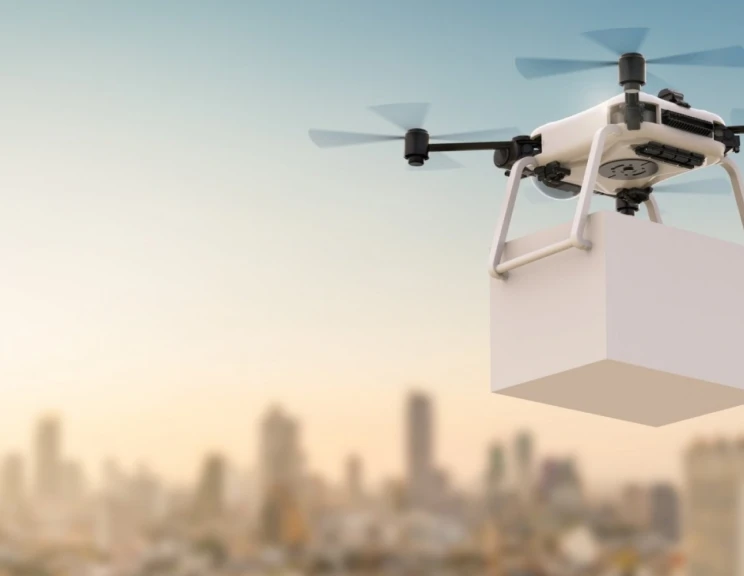
As the coronavirus (COVID-19) keepssweeping the planetat a rapid pace, companies are forced to find a way to survive through this challenging time by turning to technology.Among several choices, Robotic Processing Automation (or RPA) promises to bring an agile solutionfor enhancing productivity, services quality and customer satisfaction of all industries. The most significantimpacts can be witnessedin Healthcare, Retails, Banking and Finance.
Healthcare: Keeping Pace with the Expanded patient Volume
Never has there been more need for medical support than what we have witnessed in the last few months. From community screening, virus testing to various patient treatments, the intensive increase in demand forces medical staffs to work extra-long hours under stressful conditions.
- Releasing labor effort on administrative tasks: Healthcare employees are daily spending hours on administrative work to process checking in for new patients;recording and tracking the patient data, generatingreports, archivingdocuments and so on. With the power of RPA, tasks such as data entry,form filling, scheduling and billing,eight to nine minutes per patient are saved [1], human effort significantly reduced and manual errors have been mitigated. As medical personnel are free from the paperwork, they can spend more time taking care of patients.
- Reducing downtime for test results: An attended robot can execute a testing transaction in 15 seconds, down from 2.5 minutes for a human [1], significantly reducing wait times for testing requests. Furthermore, test results need only a few seconds to be updated into the system, allowingdoctors to receive patients’ results in near real-time. In some countries, governmentshave applied RPAtoautomatically update the number of COVID-19 infected to provide real-time information, instead of reporting every 12 or 24 hours [2].
Retail and E-commerce: Enhancing Customer Satisfaction
Long before this pandemic, RPA has proven itself a highly disruptive force in retail and e-commerce with the automation indata collection, product management, demand-supply planning, logistics and supply chain management and so on.
- Shifting from physical retail to e-commerce: The shift towards e-commerce has created opportunities for more RPA adoption in the retail sector, especially in the customer care process. As retail stores are excluded from the distribution processing system, customer supportautomation tools, for example, chatbot, directly determine the quality of customer services. Automation with RPA allows faster response, 24/7 services with high sustainability.
- Improving customer support in call centers: Once customer calls coming, RPA bots can immediately route it to the appropriate, support call center agents by pulling out customer data, purchasing history or any information needed, thus reducing average call handling time. In addition, these bots are also capable of triggering specific actions after a call request is completed.
Banking and Finance Sector: Maintaining Continuity of Compliance Process
- Verifying customer information: One compulsory step in the loan process is that customer information must be verified prior to contract signing or transaction processing. Software robots are capable of automatically verifying and validating customer data on internal and external sources such as transaction history on the CITAD system orgovernment tax payment sites.
- Detecting anomaly: To avoid incidents of fraud, banks can deploy RPA bots to check every transaction to identify any abnormal patterns, such as multiple transactions made in a short time orsubstantial increases in cash deposits or withdrawals. If any potential threat detected, the bots immediately give flags to the compliance department for investigation. (Read more: RPA to Enhance Anomalies Detection in Debit Card Transactions)
As the pandemic come without any warning, it places challenges for organizations to quickly respond to the situation. RPA proves to be an outstanding solution since it only takes a few weeks to design and implement this automation approachon top of the existing system. There is not much to change but a lot to gain with RPA.
Are you interested in more articles on RPA? Click here to learn more!































